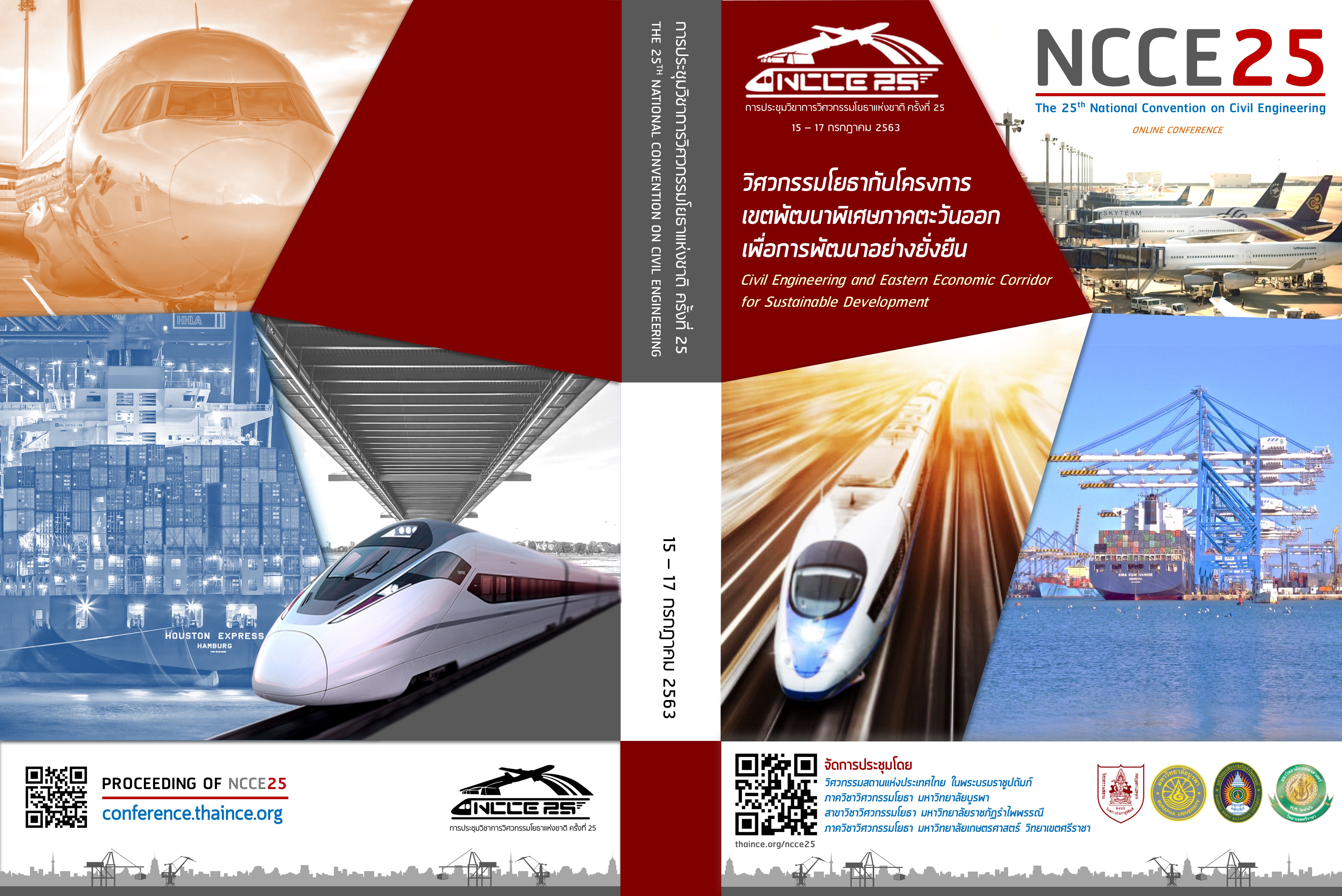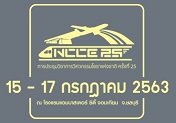Analysis of Travel Demand Management for Supporting Public Transport System in Chiang Mai City
Abstract
Traffic congestion problem in Chiang Mai City during peak hours mainly causes travel delays. To alleviate this problem, Travel Demand Management (TDM) is practically utilized as an effective method to control and/or reduce the uses of private vehicles. Moreover, it also can promote other alternative transportation modes. This research aims to create a framework to analyze factors which can influence the application of TDM measures for local and relevant agencies using the SWOT analysis and Concordance technique to screen and prioritize important factors. This study explores insights from expert groups from local and relevant agencies to give the TDM information. The results show the pros and cons of all measures and also indicate important factors for TDM application in Chiang Mai city including social impacts, acceptance, economy, etc.
Downloads
Copyright (c) 2020 The Engineering Institute of Thailand Under H.M. The King's Pratonage

This work is licensed under a Creative Commons Attribution-NonCommercial-NoDerivatives 4.0 International License.
บทความทั้งหมดที่ได้รับการคัดเลือกให้นำเสนอผลงานในการประชุมวิชาการวิศวกรรมโยธาแห่งชาติ ครั้งที่ 25 นี้ เป็นลิขสิทธิ์ของ วิศวกรรมสถานแห่งประเทศไทย ในพระบรมราชูปถัมภ์



